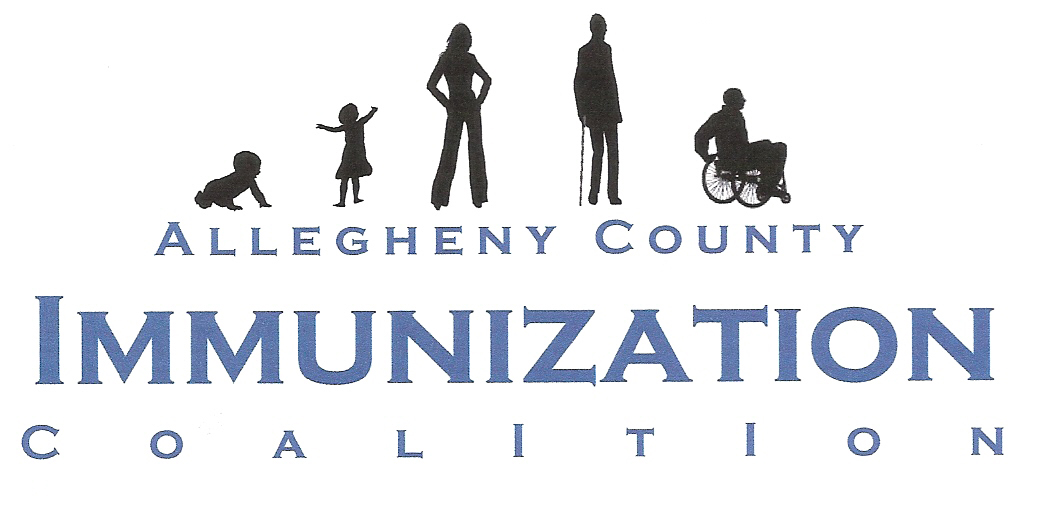Photo of the Day
The Iron Lung, or Drinker respirator as it was first known, provides temporary breathing support for people suffering paralysis of […]
Photo of the Day
Aunt Betty’s Braces
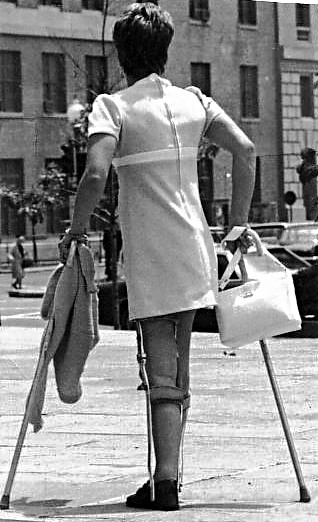
Submitted By RK Bair, Chairman, Allegheny County Immunization Coalition Being the last of the “baby boomers,” I have been able […]
Help Celebrate Dr. Hilleman’s 100th Birthday!
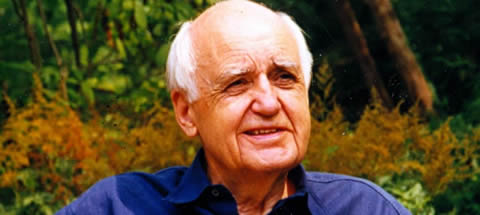
It’s Dr. Hilleman’s 100th birthday, but YOU are getting the gift! Gather your friends and make some popcorn! In honor […]
ACIC Member Dr. William Coppula awarded Pennsylvania Immunization Champion
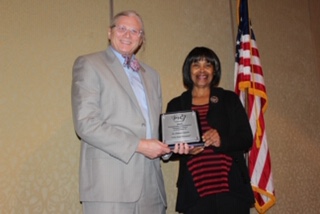
The Pennsylvania Immunization Coalition (PAIC) awarded its 2019 “Pennsylvania Immunization Champion Award” to ACIC Member Dr. William F. Coppula on […]
Health Department Reports Case of Measles in the City of Pittsburgh
April 30, 2019 PITTSBURGH – The Allegheny County Health Department (ACHD) is reporting the first case of measles in 2019 […]
The Maurice R. Hilleman Essay Contest for Students
To commemorate Dr. Hilleman’s remarkable legacy, the Vaccine Makers Project of the Vaccine Education Center at Children’s Hospital of Philadelphia […]
ACHD Issues School Immunization Report for 2017-18
The Allegheny County Health Department (ACHD) requires all schools (public, private/independent, parochial/religious, charter, and cyber) to submit the immunization status […]
IAC releases updated “Vaccinating Adults: A Step-by-Step Guide” — available for purchase or free download
The Immunization Action Coalition (IAC) is delighted to announce the publication of its new book, Vaccinating Adults: A Step-by-Step Guide […]
11th Annual Conference Crosses Borders, Boosts Vaccine Awareness
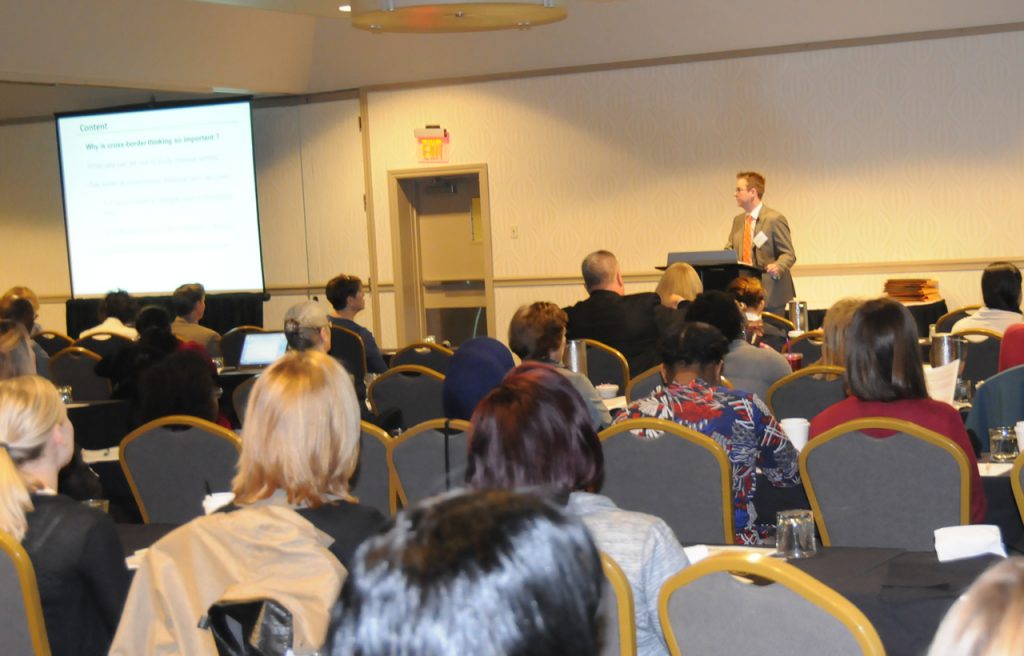
The 11th Annual ACIC Conference was jointly sponsored by the University of Pittsburgh School of Medicine Center for Continuing Education […]
